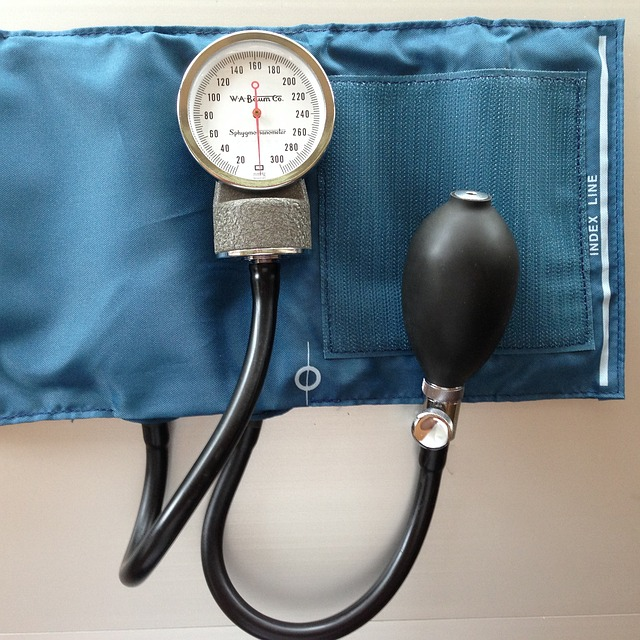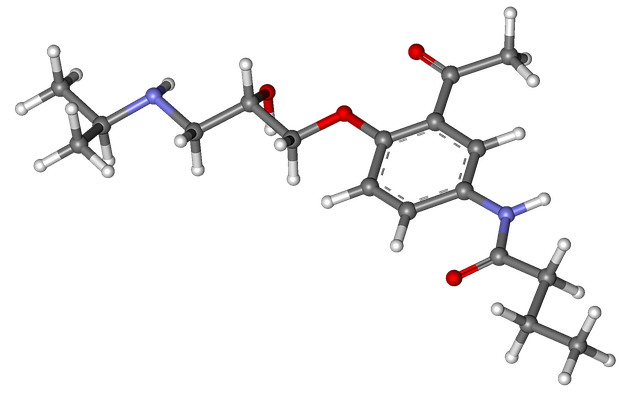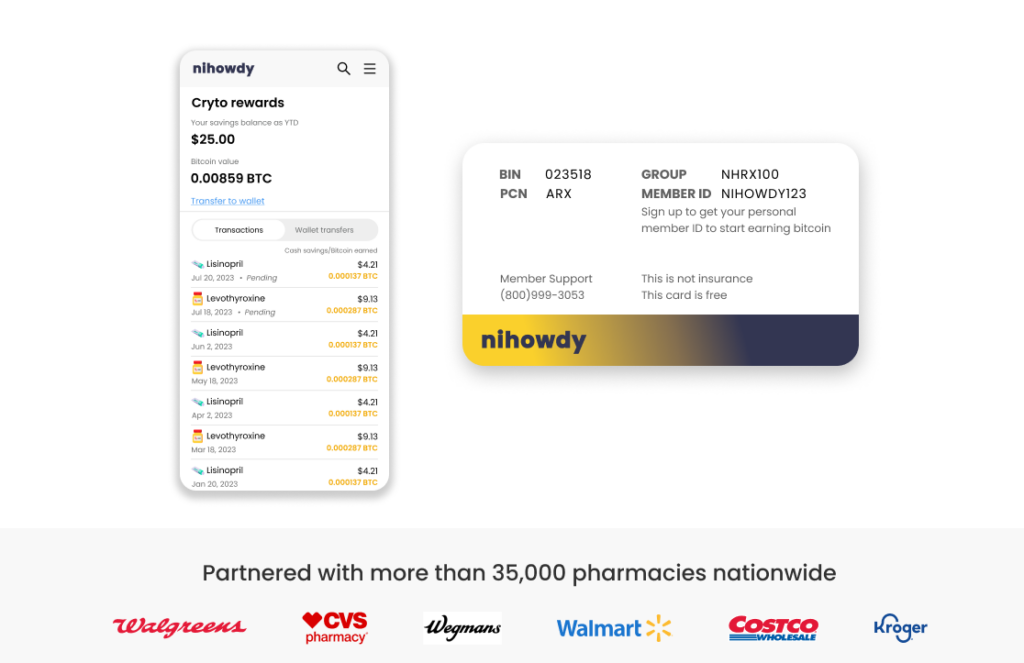Is Lisinopril a Beta Blocker Drug? Understanding Blood Pressure Medications

Lisinopril is frequently mistaken for a beta blocker, but it is actually an ACE inhibitor, a different kind of medication vital for controlling high blood pressure. In this straightforward guide, we’ll explain why “is lisinopril a beta blocker drug” is a common misconception, and provide insight into its role in cardiovascular health, as well as explore the unique ways beta blockers contribute to hypertension management.
Key Takeaways
Lisinopril is an ACE inhibitor, not a beta blocker, working by relaxing blood vessels, improving blood flow, and reducing heart workload to lower blood pressure.
Beta blockers differ from ACE inhibitors as they slow the heart rate, reduce the force of heart contractions, and curb adrenaline release to manage hypertension.
The choice between ACE inhibitors like Lisinopril and beta blockers depends on individual side effects, drug interaction profiles, and personal health considerations.
Clarifying Lisinopril’s Classification

Lisinopril is a medication frequently prescribed for lowering blood pressure and falls under the category of drugs known as angiotensin converting enzyme (ACE) inhibitors. Some may confuse Lisinopril with beta blockers since both types of medications are used to treat hypertension. This is not the case. While they share the goal of treating high blood pressure, ACE inhibitors like Lisinopril and beta blockers tackle this issue through different mechanisms.
To understand how Lisinopril operates in managing hypertension, consider its role as an ACE inhibitor.
It eases tension within your blood vessels
Enhances circulation by promoting smoother blood flow
Contributes to reducing overall blood pressure levels
Lessens strain on your cardiac functions
This process can be likened to easing congestion on a heavily trafficked road – permitting better movement for vehicles or, metaphorically speaking, enhancing circulation throughout your vascular system.
Should circumstances necessitate discontinuing the use of Lisinopril due to adverse effects or other concerns? In such cases, one might consider if switching to a beta blocker could serve as a suitable substitute. Let’s delve into that possibility.
The Mechanism Behind Lowering Blood Pressure with ACE Inhibitors

Understanding the mechanism by which ACE inhibitors such as Lisinopril reduce blood pressure requires knowledge of underlying physiological processes. The acronym ‘ACE’ represents angiotensin-converting enzyme, which is a crucial component in the control of blood pressure.
Angiotensin Converting Enzyme Action
The angiotensin converting enzyme (ACE) serves as a crucial intermediary by transforming the relatively harmless molecule, angiotensin I, into the more potent hormone known as angiotensin II. This latter substance is responsible for narrowing blood vessels and escalating blood pressure. Enzyme inhibitors such as Lisinopril target this transformation process — hence their designation ‘angiotensin converting enzyme inhibitors’.
Lisinopril hampers the ACE enzyme’s activity in several ways.
It decreases the concentration of angiotensin II in your system, which leads to dilated and relaxed blood vessels.
It diminishes blood flow resistance much like easing off water pressure within a hose.
It thwarts renal production of angiotensin II that plays an essential role in maintaining proper blood pressure levels.
Impact on Heart and Blood Vessels

ACE inhibitors such as Lisinopril offer more than just the reduction of blood pressure. They also improve the heart’s performance. These medications accomplish this by expanding blood vessels, which decreases resistance and enhances the heart’s ability to distribute blood throughout the body with greater ease. It is analogous to widening a highway – it promotes smoother traffic flow and less strain on your vehicle.
These drugs prevent angiotensin II from forming, consequently diminishing stress on your heart—a significant advantage for maintaining cardiovascular health. Contrary to some beliefs, ACE inhibitors do not have an anticoagulant effect, but instead facilitate relaxation in blood vessels that elevates circulation and lowers arterial pressure.
When considering beta blockers in relation to ACE inhibitors like Lisinopril, one might wonder how these two types of medications differ and their respective roles within cardiac therapy.
Beta Blockers: A Different Approach to Treating Hypertension

Turning our attention to a critical component in the arsenal against hypertension treatment, we encounter Beta blockers. Functioning distinctively from ACE inhibitors, these drugs offer an alternative method for controlling high blood pressure.
How Beta Blockers Work
Beta blockers exert their impact on the body by:
Decreasing your heart rate
Lowering the strength of your heart’s contractions
Blocking adrenaline and noradrenaline, two hormones crucial for the ‘fight or flight’ response
This results in a soothing effect on the heart, aiding in blood pressure reduction.
There are non-selective beta blockers and selective beta blockers. The latter primarily impacts the heart and typically presents fewer side effects compared to non-selective types.
Of note is that elevated doses of beta blockers can lead to a more pronounced decrease in heart rate, which is an important aspect of benefitting patients beyond just achieving a specific target dose.
Conditions Commonly Treated with Beta Blockers
Beta blockers serve multiple purposes beyond the management of high blood pressure. Their applications include:
Decreasing episodes of angina
Minimizing the risk for subsequent heart attacks
Enhancing survival rates and overall outcomes in cases of heart failure with diminished ejection fraction
Managing heart rate to alleviate symptoms like tiredness and fluttering sensations in atrial fibrillation
Examples such as carvedilol, metoprolol succinate, and bisoprolol have been proven effective for these functions.
Having explored the mechanisms behind ACE inhibitors and beta blockers, we can now examine their comparative effectiveness more closely.
Comparing ACE Inhibitors and Beta Blockers
ACE inhibitors and beta blockers both serve the purpose of lowering blood pressure, yet they come with varying potential drug interactions and side effect profiles. The selection of medication for each patient can be impacted by these differences.
Side Effects Profile
ACE inhibitors, such as Lisinopril, often result in a continuous dry cough and may also elevate potassium levels as side effects.
In contrast, beta blockers are known to induce symptoms including tiredness and cold hands or feet. They can also exacerbate the condition of individuals with asthma.
Drug Interactions and Considerations
Selecting the appropriate medication involves considering more than just its efficacy and possible side effects. It also requires awareness of any potential drug interactions. For instance, Lisinopril may have adverse reactions when taken with NSAIDs and potassium-sparing diuretics, heightening the chances of kidney damage and hyperkalemia. Conversely, substances that can increase heart rate or blood pressure should not be used in conjunction with beta blockers.
Ensuring safe dosage adjustments for medications such as ACE inhibitors and beta blockers while managing heart failure is crucial to prevent issues like low blood pressure (hypotension) and slow heartbeat (bradycardia). Consequently, consulting a healthcare provider about selecting blood pressure medicines is indispensable. They are equipped to help you navigate your unique health needs along with considerations regarding drug interactions.
Navigating Treatment Options for High Blood Pressure

In the fight to manage high blood pressure, selecting an appropriate drug is only one aspect of a multifaceted strategy. Incorporating lifestyle modifications and personalized medical approaches are equally vital components in treating high blood pressure effectively.
Importance of Personalized Medicine
Tailoring treatments for hypertension management to fit your unique health needs and genetic information enhances the effectiveness of medication by taking into account your specific clinical and physiological characteristics. This personalized approach ensures that therapy is customized to you as an individual.
Lifestyle Changes and Medication
Managing blood pressure effectively is crucial, even for individuals with low blood pressure, to ward off potential health complications like a heart attack. This management typically involves an integrated approach of medications alongside lifestyle alterations aimed at reducing blood pressure levels. Adjusting one’s diet, engaging in regular physical activity and adopting healthy habits are part of these changes. Keeping track of your blood pressure readings can significantly aid in this endeavor.
Maximizing Savings on Blood Pressure Medications with NiHowdy
Let’s delve into the financial burden associated with controlling high blood pressure. The combination of medications, consistent medical appointments, and alterations to one’s way of living can accumulate significant expenses. Imagine a method that could help reduce these expenditures.
This is where NiHowdy comes in – it’s a prescription discount card that delivers immediate savings on the standard retail costs for blood pressure drugs such as Lisinopril.
Understanding NiHowdy’s Rewards
NiHowdy distinguishes itself from other prescription discount cards through its exclusive rewards program that allows you to accumulate up to 3% back in Bitcoin for every medication refill. This offers a dual benefit: reducing the cost of your prescriptions while simultaneously making an investment for your future.
With NiHowdy’s rewards mechanism, there is the advantage of the potential appreciation in value of the Bitcoin earned over time.
Summary
In the world of hypertension management, understanding your medication options is key. We’ve explored the workings of ACE inhibitors and beta blockers, two common types of blood pressure medications. Both have their unique ways of lowering blood pressure, but they also come with their own side effects and potential drug interactions.
Frequently Asked Questions
Is Lisinopril a beta blocker?
Lisinopril should not be confused with a beta blocker. It actually functions as an ACE inhibitor, targeting the angiotensin-converting enzyme.
How do ACE inhibitors work?
Lisinopril, an ACE inhibitor, functions by blocking the angiotensin converting enzyme. This leads to decreased levels of angiotensin II, which in turn causes blood vessels to relax and results in the lowering of blood pressure.
What other conditions can beta blockers treat?
Beta blockers can also treat conditions such as angina, heart failure, and atrial fibrillation. They are not only used for hypertension, but also for these other conditions.
Do ACE inhibitors and beta blockers have the same side effects?
Indeed, while both ACE inhibitors and beta blockers are distinct in their side effects. ACE inhibitors can lead to a persistent dry cough, whereas beta blockers might result in feelings of tiredness and coldness in the hands or feet.
How can NiHowdy help with the cost of managing hypertension?
NiHowdy provides assistance in reducing the expenses associated with hypertension management through a prescription discount card that delivers immediate savings on blood pressure medications. They offer a rewards program where you can accumulate Bitcoin for refilling prescriptions. This dual benefit allows not only to cut down on medication costs but also to gain rewards as you handle your blood pressure concerns.


